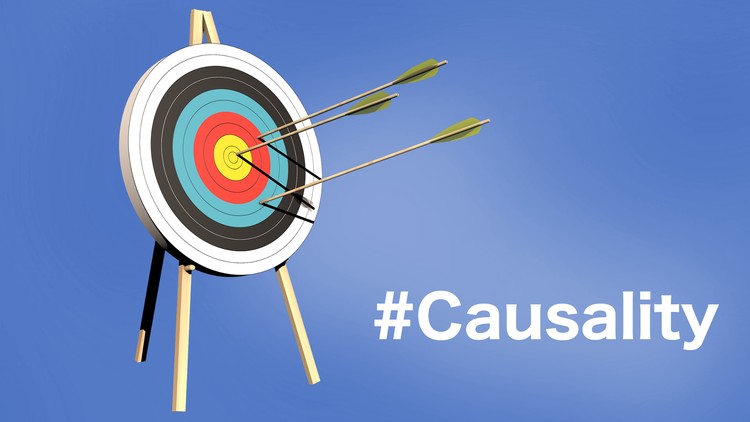Casual Modeling

Casual Modeling is a very common task in economics/government/business analytics. In this project, my objective is to estimate the casual impact of Progresa program on the schooling outcomes of individuals in Mexico. I have focussed on the impact of the program on the poor, since only the poor were eligible to receive the Progresa assistance.
To analyze the casual effect, I have used the following estimators -
- Before-After estimator
- Cross-sectional estimator
- Differences-in-differences estimator
The timeline of the program was:
- Baseline survey conducted in 1997
- Intervention begins in 1998, "Wave 1" of data collected in 1998
- "Wave 2 of data" collected in 1999
- Evaluation ends in 2000, at which point the control villages were treated.
year: year in which data is collected
sex: male = 1
indig: indigenous = 1
dist_sec: nearest distance to a secondary school
sc: enrolled in school in year of survey (=1)
grc: grade enrolled
fam_n: family size
min_dist: min distance to an urban center
dist_cap: min distance to the capital
poor: poor = "pobre", not poor = "no pobre"
progresa: treatment = "basal", control = "0"
hohedu: years of schooling of head of household
hohwag: monthly wages of head of household
welfare_index: welfare index used to classify poor
hohsex: gender of head of household (male=1)
hohage: age of head of household
age: years old
folnum: individual id
village: village id
sc97 enrolled in school in 1997 (=1)
The project files can be found here.